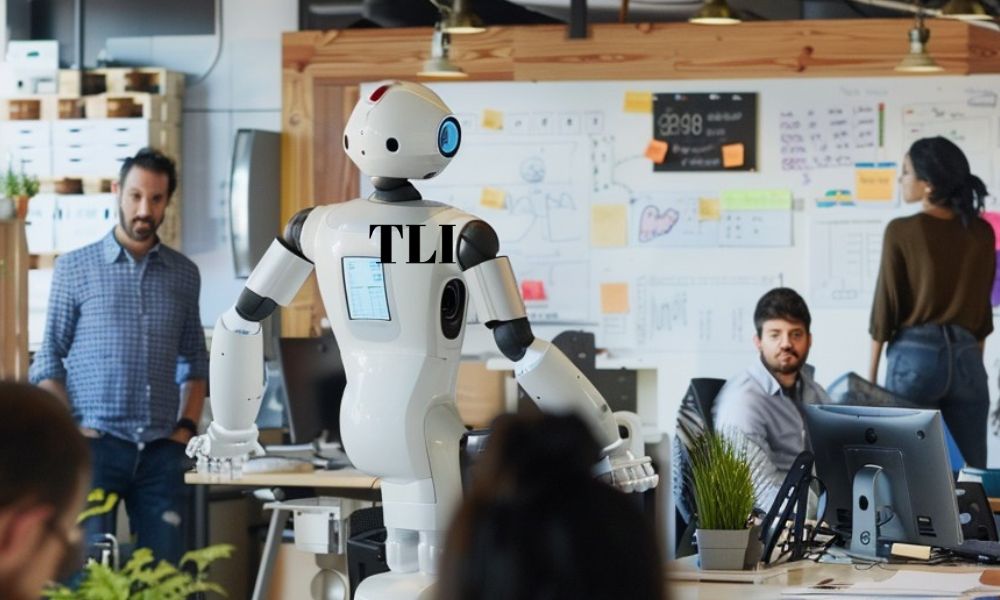The Future of Work: HR’s Role in Adapting to Technological and Socioeconomic Changes

The future of work is being shaped by rapid technological advancements and significant socioeconomic shifts. Human Resources (HR) plays a critical role in helping organizations navigate these changes and ensuring a resilient and adaptable workforce. Here are key ways HR can adapt to these evolving landscapes.
*1. Embracing Digital Transformation*
Digital transformation is redefining the workplace. HR must leverage new technologies to enhance recruitment, employee engagement, and performance management. This includes utilizing artificial intelligence (AI) for candidate screening, automating administrative tasks with HR software, and using data analytics to inform decision-making. By integrating these technologies, HR can streamline processes and focus on strategic initiatives that drive business success.
*2. Fostering Continuous Learning and Development*
As technological advancements change the nature of work, continuous learning becomes essential. HR should prioritize reskilling and upskilling programs to ensure employees remain competitive. Offering online courses, workshops, and on-the-job training can help employees adapt to new tools and methodologies. Encouraging a culture of lifelong learning not only enhances individual capabilities but also strengthens the organization’s overall adaptability.
*3. Promoting Flexibility and Remote Work*
The COVID-19 pandemic accelerated the shift toward remote work, and flexible working arrangements are likely to remain prevalent. HR must develop policies that support remote and hybrid work models, ensuring employees have the necessary resources and support. This includes providing digital collaboration tools, establishing clear communication protocols, and addressing challenges related to work-life balance. Flexibility in the workplace can improve employee satisfaction and productivity.
*4. Enhancing Employee Experience*
The employee experience is becoming a focal point for HR. Creating a positive and engaging work environment is crucial for attracting and retaining talent. HR should focus on initiatives that enhance job satisfaction, such as personalized career development plans, wellness programs, and recognition systems. Leveraging employee feedback to continuously improve the workplace experience is essential for maintaining a motivated and committed workforce.
*5. Fostering Diversity and Inclusion*
Diversity and inclusion (D&I) are vital for fostering innovation and reflecting societal changes. HR must lead efforts to create a diverse and inclusive workplace by implementing unbiased hiring practices, promoting diverse leadership, and ensuring equal opportunities for all employees. Training programs on unconscious bias and cultural competency can also support these initiatives. A diverse and inclusive workforce drives creativity and better decision-making.
*6. Navigating Socioeconomic Changes*
HR must be attuned to broader socioeconomic changes that impact the workforce, such as shifts in demographics, economic conditions, and social expectations. This includes addressing the needs of a multi-generational workforce, managing economic uncertainties, and responding to social issues like climate change and social justice. By staying informed and proactive, HR can help organizations remain resilient and socially responsible.
*7. Strengthening Organizational Agility*
Agility is crucial in a rapidly changing world. HR should focus on developing a flexible organizational structure that can quickly adapt to new challenges and opportunities. This involves fostering a culture of innovation, encouraging cross-functional collaboration, and enabling decision-making at all levels. Agile organizations are better equipped to respond to market changes and drive sustained success.
*8. Leveraging Data-Driven Insights*
Data analytics plays a pivotal role in HR’s ability to adapt to changes. By analyzing workforce data, HR can identify trends, predict future needs, and make informed decisions. Metrics related to employee performance, engagement, and turnover can provide valuable insights for strategic planning. Embracing a data-driven approach enables HR to proactively address challenges and seize opportunities.
In conclusion, the future of work demands that HR adapt to technological and socioeconomic changes with agility and foresight. By embracing digital transformation, promoting continuous learning, fostering flexibility, enhancing employee experience, championing diversity and inclusion, navigating socioeconomic shifts, strengthening organizational agility, and leveraging data-driven insights, HR can lead organizations through these dynamic times and ensure a thriving workforce.
